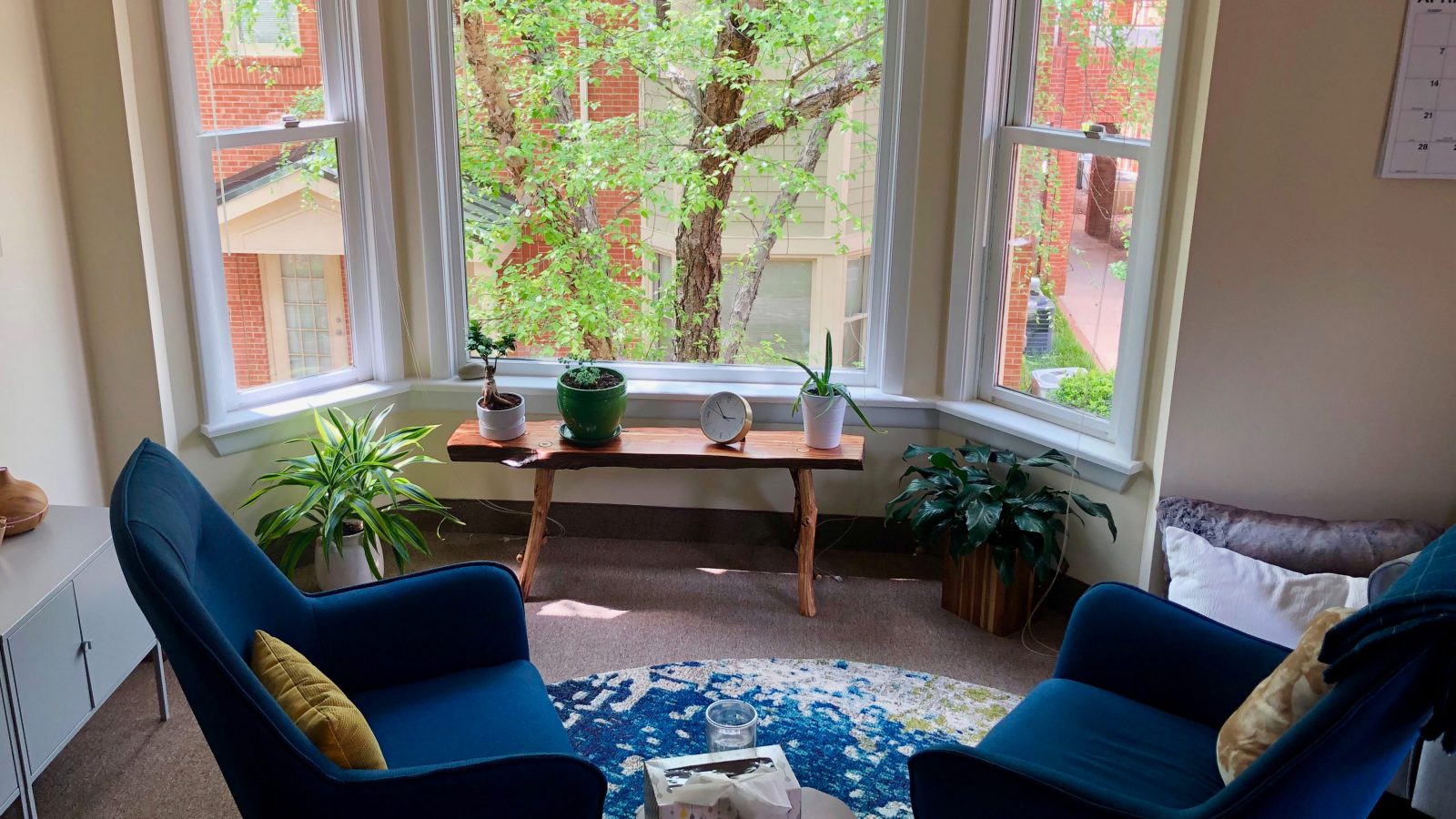
Unless you’ve been living completely off the grid, no doubt you’ve either heard of or directly experienced the effects of the COVID-19 global pandemic. More recently, you’ve also most likely become more aware of racial tensions brought to the surface after the killing of George Floyd by police in Minneapolis. Our news outlets and social media timelines are saturated with the most up-to-date numbers, breaking stories, and opinion pieces; our daily lives have been disrupted by guidelines we weren’t used to following; our hearts and minds are uneasy from hearing so much in contrary to what we have always believed. It can all be so exhausting. And
these events aren’t even the half of it.
We are living through history, folks. And regardless of where you stand, it is uncomfortable.
So how do we take care of ourselves during historic times? More importantly, how do we grow so that we are better prepared to handle difficult and challenging times in the future? The following is what I use to help guide clients through times like these.
- Give yourself grace: A pandemic, nationwide protests, murder hornets, AND an election year all at one time!? Y’all, this year is -stressful-. The unpleasant thing about life is that it’s full of ups and downs, and it will keep throwing challenges our way whether we want it to or not. You’re going to have times where you feel anxious, depressed, frustrated, and generally uncomfortable from time to time. That is okay. In fact, it’s completely normal! So give yourself a moment to feel what you need to feel. Sometimes doing our best for the day is the best we can do.

- Take stock of your “table”: I like to think of mental health as a table with four legs: Eating, Sleeping, Exercise, and Meaningful Personal Relationships. If one of the legs is off, then your mental health table won’t be as sturdy as it could be. Let’s break this down a bit to identify if there are any “legs” in your life that might need a little tightening up:
- Eating: When you’re hungry, you can experience headaches, lightheadedness, nausea, racing heart, shaking/trembling, etc. On the other hand, eating too much can lead to indigestion, which can sometimes feel like chest pain and stomach aches. In either case, these symptoms are very similar to symptoms of anxiety, and can sometimes be misinterpreted (or mistreated) as such. Take a moment to reflect on your eating habits. Are you eating as close to 3 well-balanced meals a day? Do you find yourself snacking more than usual out of boredom from being in the house all day? Some ways to assist with this can be to set a schedule for meal times throughout the day, honor your hunger by eating when you’re hungry, or making meals with a friend or loved one.
- Sleeping: Too little (or too much) sleep can lead to moodiness, irritability, depressed moods, and fatigue, which overlaps with symptoms of depression. Take a moment to reflect on your sleeping habits. Are you getting approximately 7-9 hours of sleep per night? If not, some strategies that can help you establish a sleeping routine include setting a daily bedtime/wake up alarm, keeping non-sleep activities (eating, working, crafting, etc.) out of the bed, and exercising for at least 30 minutes per day. Even if you are working from home (or not at all right now), maintaining a schedule of daily activities can help you feel more productive, and therefore more tired and ready for sleep by the end of the day.
- Exercise: Regular exercise can have a significantly positive effect on symptoms of anxiety and depression. It can also relieve stress, improve memory, help you sleep better, and boost your overall mood by releasing endorphins. Take a moment to think about your exercise habits. Exercise can be one of the hardest coping skills to maintain, especially in the midst of work schedules, household needs, and, oh yeah, the gyms are all closed! Even just a brisk 30-minute walk around the neighborhood can be helpful (though I recommend going at a time when the temperature isn’t so brutal).
- Meaningful Personal Relationships: One of the most beautiful things that makes us human is our desire to have and maintain personal relationships with others. Having people “in our corner” when things get tough can provide an outlet where we can talk about our troubles without fear of judgement, and we feel safe to ask for help when it’s needed. Take a moment to think about who’s in your corner, or maybe those who have been there for you in the past but you haven’t heard from lately. It can feel especially nerve-wracking to reach out to others when we are in need, but it can also be the most rewarding! On the other hand, are there voices in your life (aka on your social media timelines) that are not helping your mood? If so, take a break from social media for a while to clear your head and give yourself space from those who are adding to your anxiety.
When we are met with challenges, our first instinct is to use what we know to cope or fix it. If it’s worked for us in the past, hey, it should work now, right? But our needs are ever-changing as we have new experiences and adjust our values/beliefs accordingly. This process is different for every person based on where they are in life, what they have had access to, and what experiences they’ve had. As such, new and different values will greet you when conflict arises. Growth comes when we are open to changing our minds when presented with new ideas.
Your journey to mental health is your own, and while there is no special formula that can alleviate every issue, I like to think that these tips can help with the first steps. Dealing with challenges gets easier with practice, and while I hope that none of us ever have to experience another pandemic again in our lifetimes, I do hope that your challenges continue to encourage you to give yourself grace, grow into your best you, and show just how tough you are.
Learn more about Amber Cox’s private practice.

